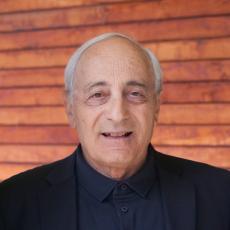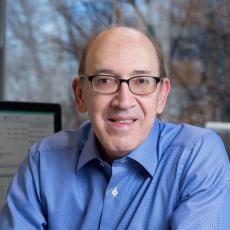New Episodes in 2026
We are currently on pause during the holiday season.
Episodes will resume at the start of Princeton University's spring semester.
Thanks for listening!





We are currently on pause during the holiday season.
Episodes will resume at the start of Princeton University's spring semester.
Thanks for listening!




